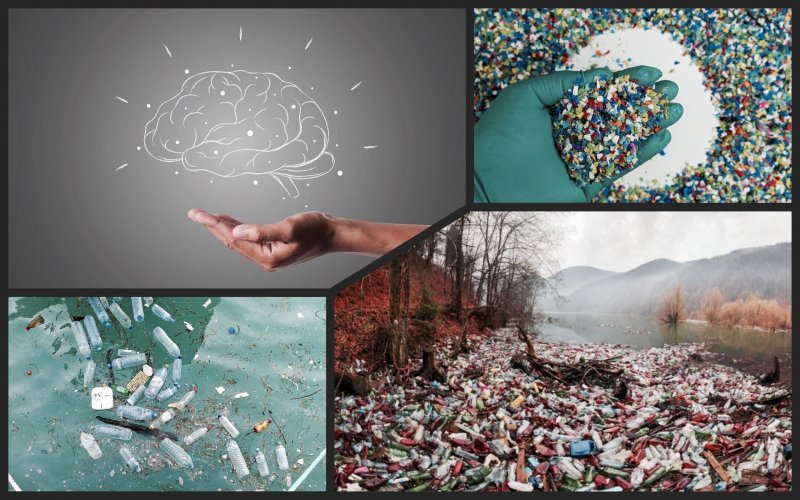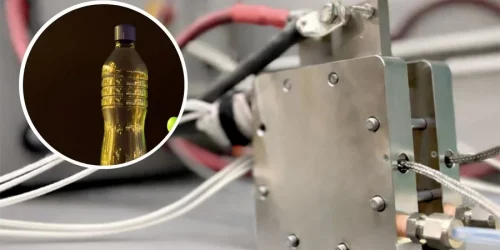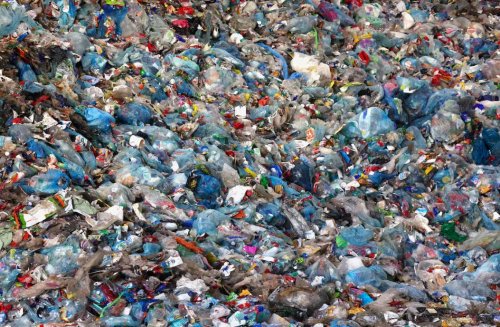A study by Austrian scientists has shown that particles of polystyrene, plastic from food wrap, can enter the human brain.
This can increase the risk of inflammation, neurological disorders and neurodegenerative diseases such as Alzheimer's or Parkinson's, according to Cracked.com.
It said the scientists used computer models to demonstrate how plastic can enter the brain. A certain surface structure, namely the biomolecular corona, plays a key role in this process.
The scientists emphasized that the most alarming discovery was that the plastic particles were able to cross the blood-brain barrier within two hours of their ingestion.
As you know, the blood-brain barrier separates the central nervous system from the blood and is impermeable to most pathogens.
The article emphasized that microplastics in the human body can cause a number of other diseases, for example:
- autoimmune diseases;
- reproductive problems;
- the development of certain types of cancer.
"Currently, there is nothing we can do about it because plastic has penetrated almost everything, including the penetration of seemingly healthy fruits and vegetables through their roots," the article added.
Earlier, EcoPolitic wrote, that scientists of the George R. Brown School of Engineering at the American Rice University discovered that plastic contributes to the emergence of antibiotic-resistant bacteria.
As EcoPolitic previously reported, London scientists from the Museum of Natural History discovered a new disease of plasticosis in seabirds, which causes scars in the gastrointestinal tract.





